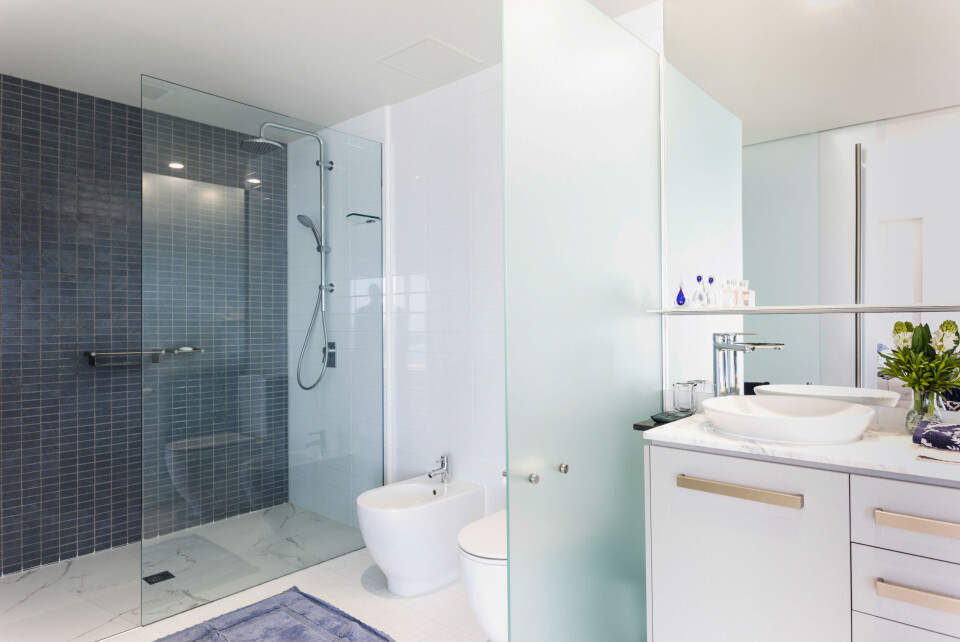-
Can you offer rentals in France when staying on visitor visa?
There are different thresholds for rentals before they are deemed as ‘professional income’
-
Must all properties in France have a ‘smart’ thermostat?
Modern thermostats can automatically set temperatures even when residents are away
-
Repayable-on-death equity release loans open again to non-EU retirees
Products have recently started being offered by bank group again after it paused them in 2019
New-builds in France from 2021 must feature walk-in showers
From next year, all new French houses should either have a walk-in shower or plumbing ready for one to be later installed

All new French houses must have either a walk-in shower with no step from next year or the plumbing for one to be installed later.
The move was pushed through by former housing minister Julien Denormandie, leading to the French media repeating jokes along the lines that walk-in douches à l’italienne had been relocated and are now douches de Normandie.
Lukewarm response from builders
The measure, designed to ease access to showers for elderly and disabled people, has received a lukewarm response from builders.
Most of them have no experience of installing walk-in showers, which require the siphon on the waste pipe to be below floor level.
Installing walk-in showers in existing buildings can be difficult, especially upstairs, as the floor often has to be cut through to install the siphon and waste pipe.The ceiling of the room below must be lowered to accommodate the new plumbing.
If it is not done well, it is likely that the shower will later leak into the room below.
The scheme to help install equipment for elderly or disabled people in their main homes is changing too. Time is fast running out. Anyone wanting to use the existing scheme needs to have the work done by the end of this month – December 2020.
Up to 25% of the cost of the work with a credit d’impôt
If you want help installing equipment in your home to make access easier for disabled people, such as a douche à l’italienne, you can get a credit d’impôt for up to 25% of the cost of the work, with a limit of €5,000 for a single person or €10,000 for a couple, plus an extra €120 per person in the charge of the householder, or €60 per child in alternating residence.
The work has to be invoiced for before December 31, and the aid is given only if the work is carried out and invoiced by one company.
The work will be declared in the 2020 tax declaration, completed in April 2021, and the cash will either be taken off tax due to be paid or, if greater than the amount of tax owed, refunded to the claimant.
Next year, help to install equipment will be included in the MaPrimeRénov scheme, accessible through the website maprimerenov.gouv.fr. The scheme is already used for energy renovation projects.
This should speed up payments but it is not clear at this stage whether the same financial conditions, set for five years in 2015, will apply in 2021.
Related stories
DIY tips for French farmhouse renovation: respect the basics
























